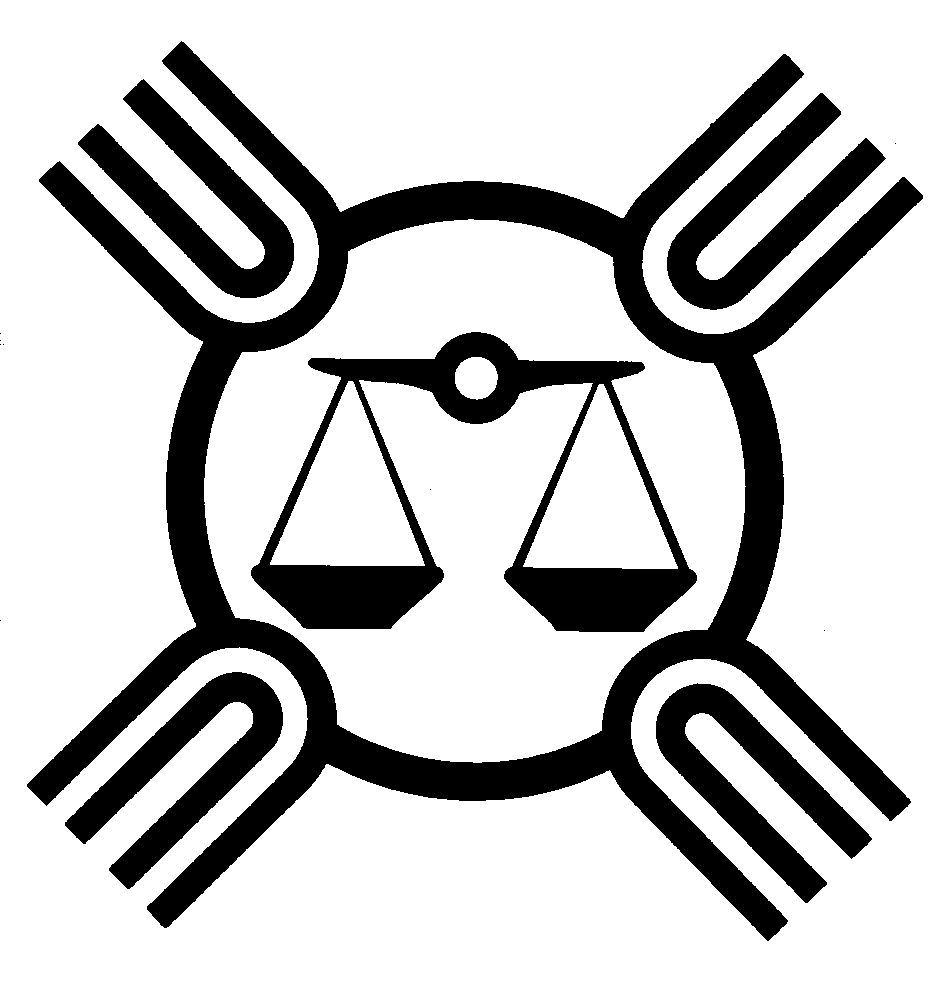Tribal staff participates in consultation.
Tribal staff participates in consultation. Yes
Tribal staff participates in consultation. No
Tribal staff participates in consultation. Do not know
Tribal leadership participates in consultation.
Tribal leadership participates in consultation. Yes
Tribal leadership participates in consultation. No
Tribal leadership participates in consultation. Do not know
Tribal community members participate in consultation.
Tribal community members participate in consultation. Yes
Tribal community members participate in consultation. No
Tribal community members participate in consultation. Do not know
Tribe is able to respond to consultation notices in a timely manner.
Tribe is able to respond to consultation notices in a timely manner. Yes
Tribe is able to respond to consultation notices in a timely manner. No
Tribe is able to respond to consultation notices in a timely manner. Do not know
Tribe is able to request notification on projects in a timely manner.
Tribe is able to request notification on projects in a timely manner. Yes
Tribe is able to request notification on projects in a timely manner. No
Tribe is able to request notification on projects in a timely manner. Do not know
Tribe has provided the Native American Heritage Commission with a "traditionally and culturally affiliated" territory map for AB 52 purposes.
Tribe has provided the Native American Heritage Commission with a "traditionally and culturally affiliated" territory map for AB 52 purposes. Yes
Tribe has provided the Native American Heritage Commission with a "traditionally and culturally affiliated" territory map for AB 52 purposes. No
Tribe has provided the Native American Heritage Commission with a "traditionally and culturally affiliated" territory map for AB 52 purposes. Do not know
Tribe has information about its cultural-natural resources to engage in consultation.
Tribe has information about its cultural-natural resources to engage in consultation. Yes
Tribe has information about its cultural-natural resources to engage in consultation. No
Tribe has information about its cultural-natural resources to engage in consultation. Do not know
Tribe possesses a map of its ancestral lands (basic layer of potential boundaries).
Tribe possesses a map of its ancestral lands (basic layer of potential boundaries). Yes
Tribe possesses a map of its ancestral lands (basic layer of potential boundaries). No
Tribe possesses a map of its ancestral lands (basic layer of potential boundaries). Do not know
Tribe has historic knowledge of its ancestral lands and its uses (e.g. agriculture, grazing, residential, etc.)
Tribe has historic knowledge of its ancestral lands and its uses (e.g. agriculture, grazing, residential, etc.) Yes
Tribe has historic knowledge of its ancestral lands and its uses (e.g. agriculture, grazing, residential, etc.) No
Tribe has historic knowledge of its ancestral lands and its uses (e.g. agriculture, grazing, residential, etc.) Do not know
Tribe has understanding of the types of ground disturbances that have occurred on its ancestral lands.
Tribe has understanding of the types of ground disturbances that have occurred on its ancestral lands. Yes
Tribe has understanding of the types of ground disturbances that have occurred on its ancestral lands. No
Tribe has understanding of the types of ground disturbances that have occurred on its ancestral lands. Do not know
Tribe knows its right to confidentiality in consultation.
Tribe knows its right to confidentiality in consultation. Yes
Tribe knows its right to confidentiality in consultation. No
Tribe knows its right to confidentiality in consultation. Do not know
Tribe has a consultation policy.
Tribe has a consultation policy. Yes
Tribe has a consultation policy. No
Tribe has a consultation policy. Do not know
Tribe has informal internal consultation process but not a policy.
Tribe has informal internal consultation process but not a policy. Yes
Tribe has informal internal consultation process but not a policy. No
Tribe has informal internal consultation process but not a policy. Do not know
